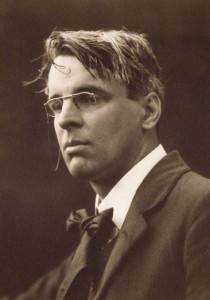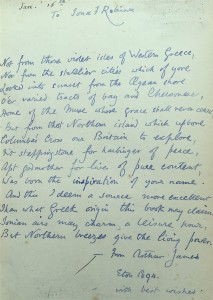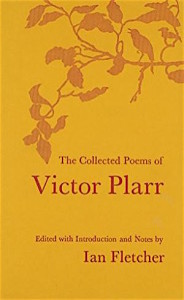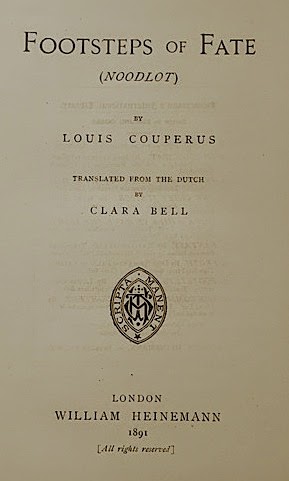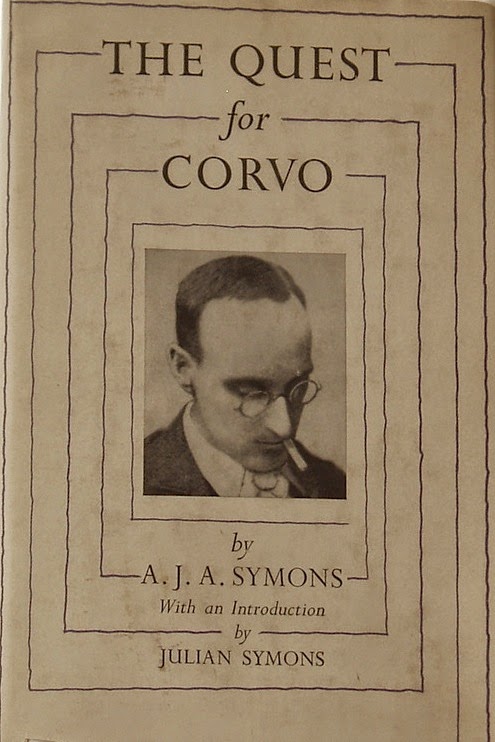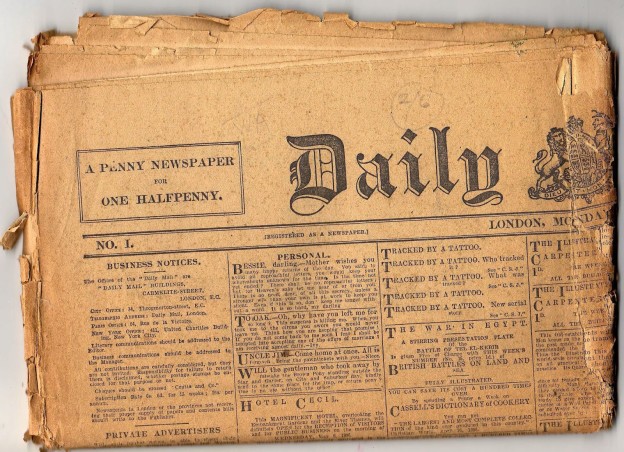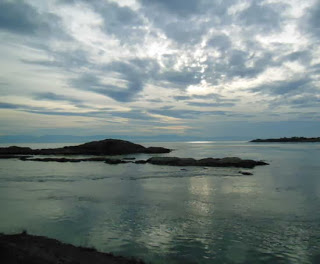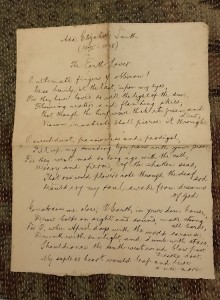 Found in a book published by J.R. Tutin, the Hull based reprinter of 17th century literature, a short letter from 1908 to John Haines, a Gloucestershire solicitor and minor poet associated with Ivor Gurney, F.W. Harvey, Edward Thomas and other members of the Dymock Poets group. After discussing various Elizabethan writers Tutin wrote out a fine poem by Ada Elizabeth Smith (1875- 1898) called ‘The Earth Lover’. He had found it in a recent anthology New Songs put together by F Y Bowles – ‘the poem is a real gem in my opinion : yet I’ve not seen it noticed by in any of the reviews of the book.’ A search online reveals little about Ada Elizabeth Smith, a classic poete maudit, except this anonymous (‘J.L.G.’) quite high-flown notice in the London based literary magazine The Academy of December 1898 a week after her untimely death.
Found in a book published by J.R. Tutin, the Hull based reprinter of 17th century literature, a short letter from 1908 to John Haines, a Gloucestershire solicitor and minor poet associated with Ivor Gurney, F.W. Harvey, Edward Thomas and other members of the Dymock Poets group. After discussing various Elizabethan writers Tutin wrote out a fine poem by Ada Elizabeth Smith (1875- 1898) called ‘The Earth Lover’. He had found it in a recent anthology New Songs put together by F Y Bowles – ‘the poem is a real gem in my opinion : yet I’ve not seen it noticed by in any of the reviews of the book.’ A search online reveals little about Ada Elizabeth Smith, a classic poete maudit, except this anonymous (‘J.L.G.’) quite high-flown notice in the London based literary magazine The Academy of December 1898 a week after her untimely death.
Early Dead. Ada Smith 1875 – 1898 In Memoriam. 17 – 12 – 98
Ada Smith was born in Haltwhistle, a hard featured village from which a bare land runs up to the bleak escarpments that carry the ruined line of the Roman wall. She began early to write verse, and published at 13, having acquired very easily a versification of noticeable grace, smoothness, and cadence. She spent some years abroad, chiefly at Vienna and went about with adventurous and observant audacity. Her idea was that she must not only study life as it met her, but seek it out in the hope of writing novels in the coming time. At this period some of the work found its way into the hands of the present writer. It had too many words and not enough pauses and there was much feigning of the Heinesque. Without being quite able to see what she might arrive at, one felt she must go on.
She returned from Vienna last year with the feeling that she was at last equipped for London, and the great adventure could not be delayed. She attempted London at the age of 22 with a nerve wilful and steady. She did not fail. Verses began to be accepted, and her work matured rapidly. She did typewriting, and it must have been hateful.. Her constitution suddenly began to give way in the summer. A long holiday upon the Northumbrian coast made her better, but not well. She ought not to have gone back to typewriting in the city, but she would and did. A couple of months ago she had to return to the North for the last time quite broken down. Her illness ultimately developed in the gravest way then advanced with frightful rapidity. She died at Newcastle upon Tyne upon the Wednesday night of last week.

